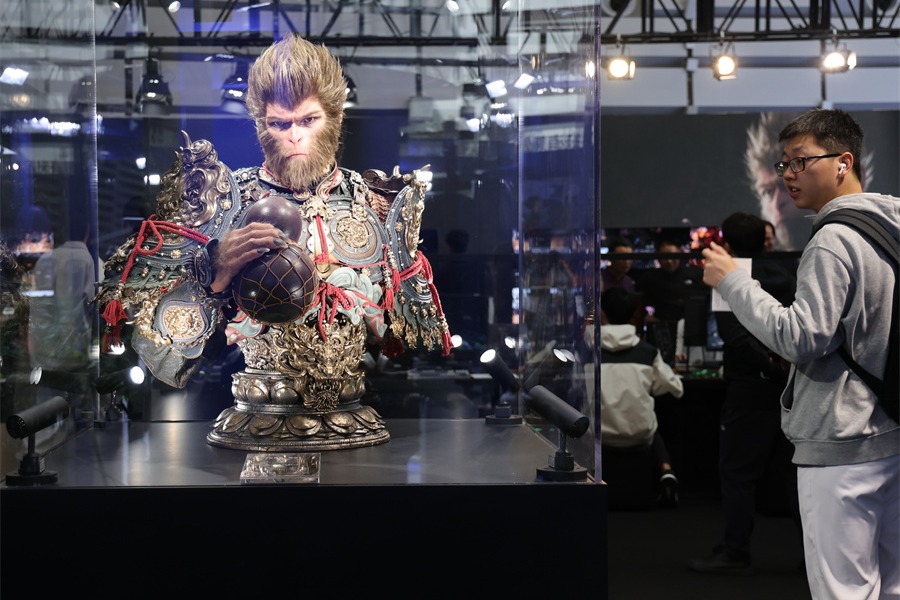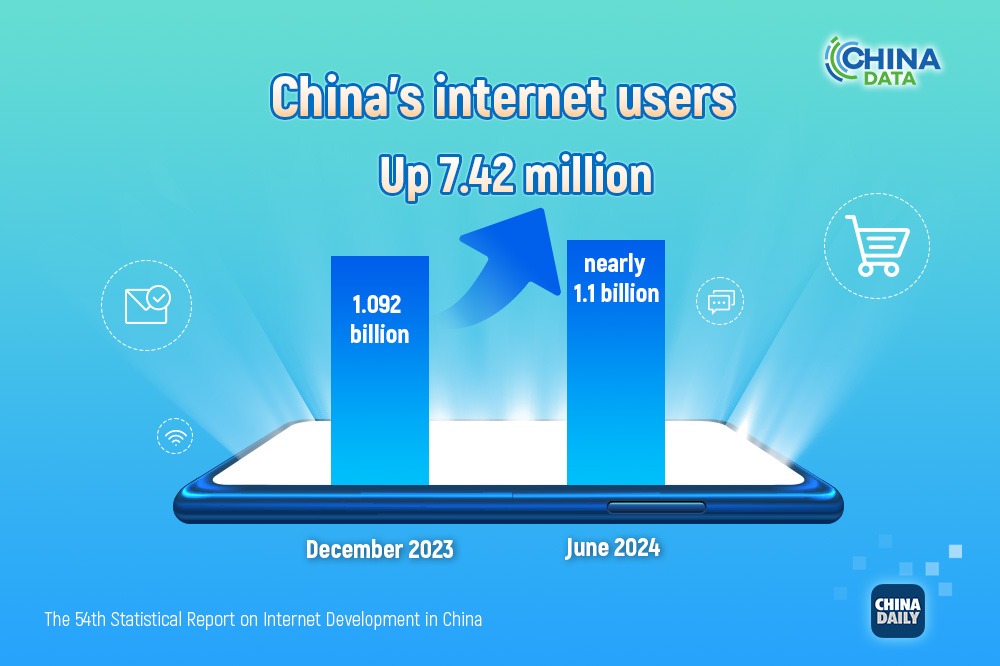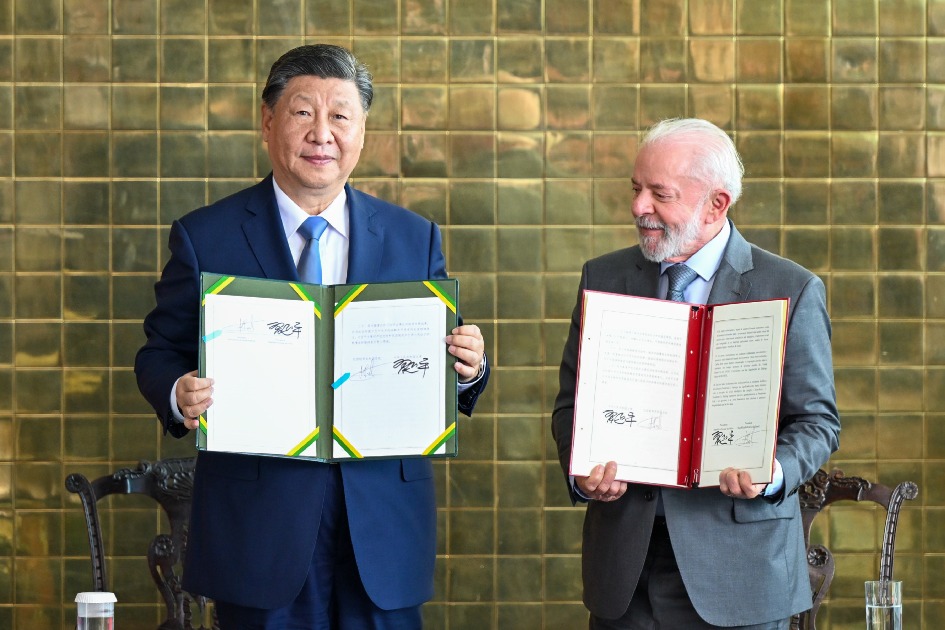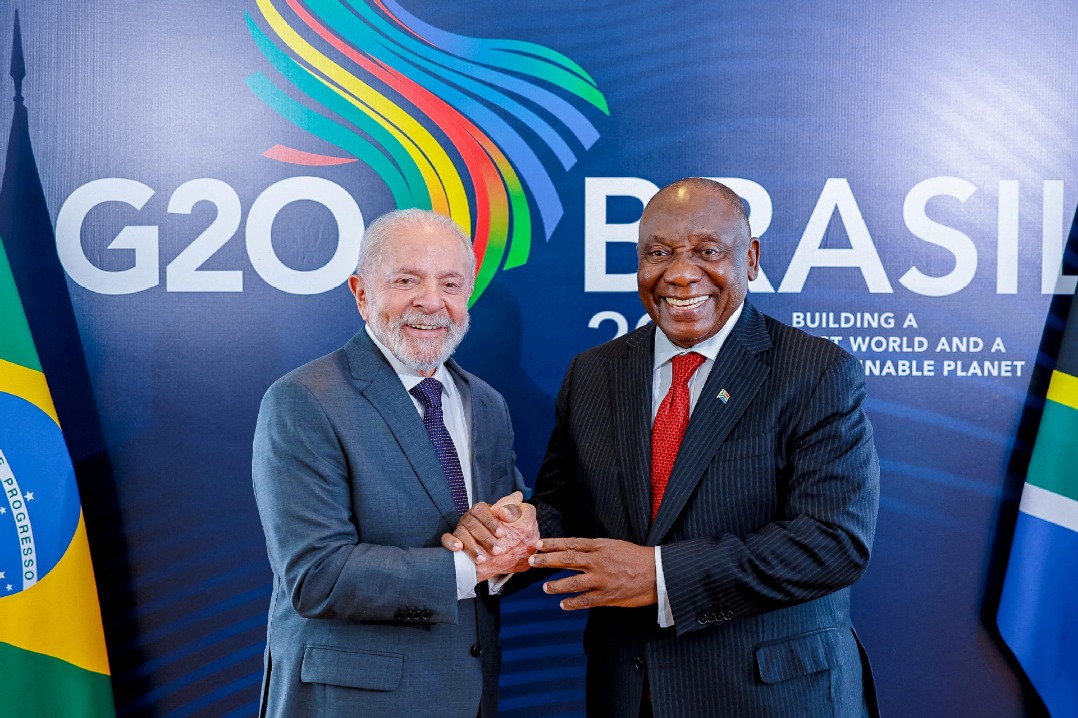Battery tech leaps forward as firms ditch cobalt
By Li Fusheng | China Daily | Updated: 2020-05-25 08:32

Chinese battery company Svolt, a spin-off of Great Wall Motors, revealed two cobalt-free batteries last week. They are the latest example in the new energy vehicle sector to extend driving ranges while reducing the reliance on scarce materials.
Global cobalt reserves total around 7 million metric tons, most of which is in the Democratic Republic of Congo. The material is the most expensive part in electric car batteries.
Svolt President Yang Hongxin said without efficient recycling and reuse, cobalt will be in short supply from around 2026.
He said the new cobalt-free batteries, which are expected to enter production in 2021, have several core advantages. They include a longer cycle life, better safety and higher energy density.
One of them is the L6 long cell battery, which the company said will be fitted to a high-end model produced by Great Wall Motors.
The vehicle could reach a driving range of 880 kilometers, which is equivalent to that of any internal combustion car.
The battery will have a maximum energy density of 240 watt-hours per kilogram and be made with nanocoating and single crystalline cathode technologies.
Svolt's battery cell stacking technique also helps. In an interview last year, Yang said its batteries outperform the common jellyroll ones by 5 percent in energy density and by 10 percent in life cycle.
The second battery is smaller, with an energy density of 245 Wh/kg and a range of 600 km. It is compatible with most electric car platforms, said the battery maker.
The battery, to be produced in 2021, will come with a 1.2-million-km/15-year warranty.
"If this driving range can truly be realized, Svolt's cobalt-free batteries would undoubtedly create a new product category for automotive batteries," Svolt said in a statement.
"It will improve the competitive advantage of battery electric vehicles greatly and relative to internal combustion engine vehicles, eliminating range anxiety of end-users about electric cars."
Svolt is not the only battery maker that is experimenting with new materials.
In China, US electric carmaker Tesla is to introduce a new low-cost, long-life battery in its Model 3 sedan by later this year or in early 2021, Reuters reported last week.
The new battery will rely on innovations such as low-cobalt and cobalt-free battery chemistries, and the use of chemical additives, materials and coatings that will reduce internal stress and enable batteries to store more energy for longer periods, according to the report.
The battery, which is believed to last for a million miles (1.6 million km), was jointly developed with China's CATL and Tesla. Current electric vehicle batteries typically last 100,000 to 200,000 miles.
Reuters said CATL also plans next year to supply Tesla in China with an improved long-life nickel-manganese-cobalt battery whose cathode is 50 percent nickel and only 20 percent cobalt.
Another US carmaker GM is working on zero-cobalt batteries, solid state electrolytes and ultra-fast charging. The company is "almost there" on million-mile products, which will be more advanced than the new Ultium battery it unveiled in March, said GM Executive Vice-President Doug Parks.
He did not specify a timeline for the introduction of the million-mile battery though.
























